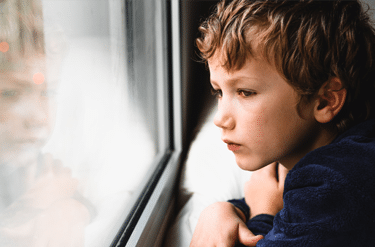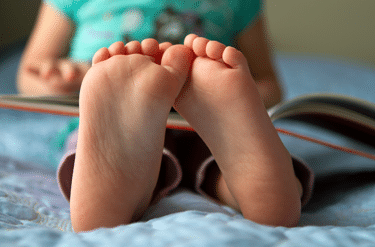resources
please call 911
if your child experiencing a medical emergency
hotline
When you need immediate support to talk through your situation, a 24/7 hotline can be a wonderful resource.
12:00pm to 9:00pm, Monday to Friday
National Youth Crisis Hotline
Text line
Not feeling up to talking on the phone? Text lines offer an alternative route to seeking help.
National Alliance on Mental Illness (NAMI) Crisis Text Line
The Trevor Project’s TrevorText:
2:00pm to 9:00pm, Monday to Friday
military
Whether you are active duty or a retired veteran, military-specific programs can help address your family and children’s unique needs.
Community
Bexar county cares about its community’s mental health and well-being. These resources can help anyone local.
Bexar County Sheriff’s Office Mental Health Unit Dispatch
Center for Health Care Services, Crisis Stabilization Unit
Texas Health and Human Services- Mental Health Crisis Services
hotline
When you need immediate support to talk through your situation, a 24/7 hotline can be a wonderful resource.
12:00pm to 9:00pm, Monday to Friday
National Youth Crisis Hotline
Text line
Not feeling up to talking on the phone? Text lines offer an alternative route to seeking help.
National Alliance on Mental Illness (NAMI) Crisis Text Line
The Trevor Project’s TrevorText:
2:00pm to 9:00pm, Monday to Friday
military
Whether you are active duty or a retired veteran, military-specific programs can help address your family and children’s unique needs.
Community
Bexar county cares about its community’s mental health and well-being. These resources can help anyone local.
Bexar County Sheriff’s Office Mental Health Unit Dispatch
Catholic Charities (Archdiocese of SA)
Center for Health Care Services, Crisis Stabilization Unit
Texas Health and Human Services – Mental Health Crisis Services









